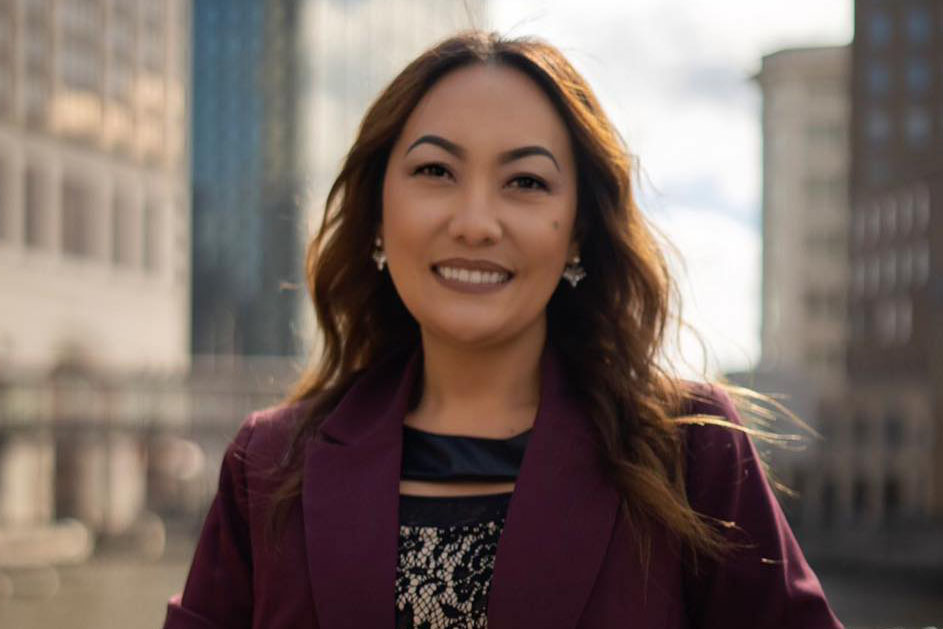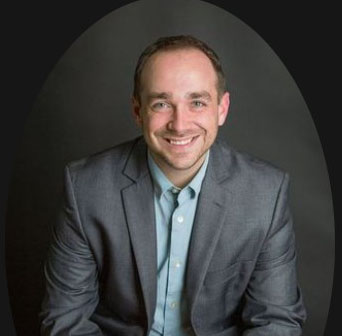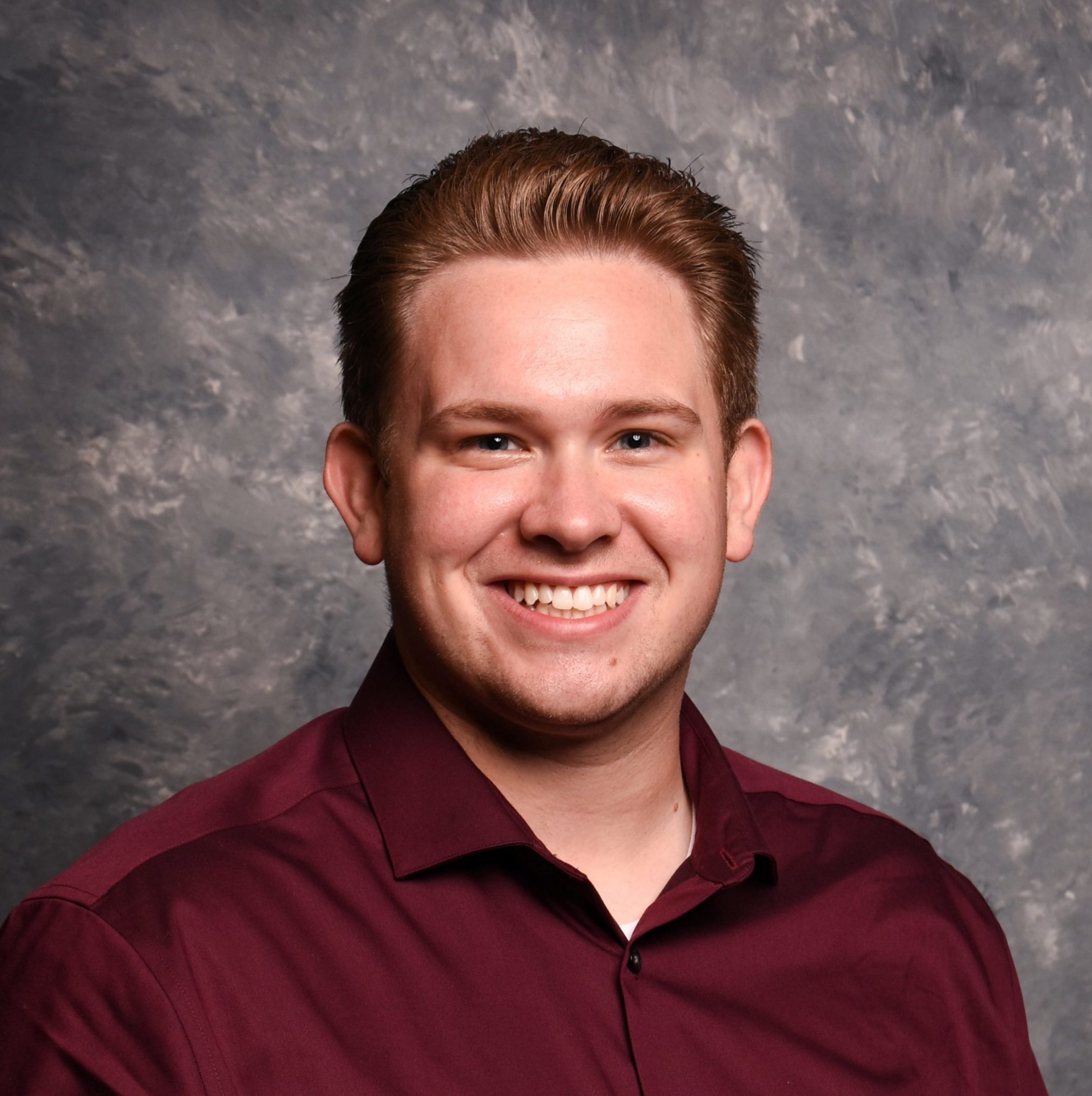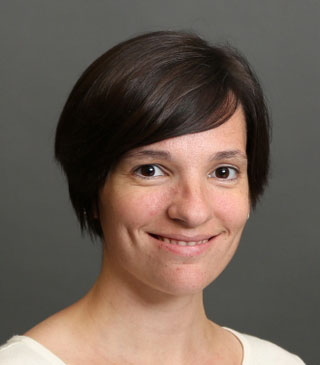Tokaji assumes UW Law dean post amid pandemic, racial-injustice concerns
By: Michaela Paukner, [email protected]//August 28, 2020//
Tokaji assumes UW Law dean post amid pandemic, racial-injustice concerns
By: Michaela Paukner, [email protected]//August 28, 2020//
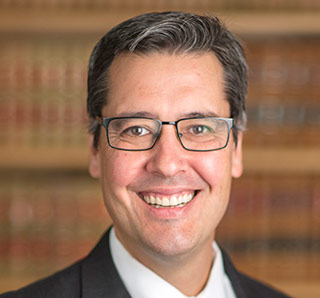
Daniel Tokaji, who started as dean of UW Law School on Aug. 1, has inherited a situation that many of his predecessors could never have imagined.
“As many have noted to me, it’s quite a time to be assuming the deanship of a law school, or for that matter, any academic institution,” Tokaji said.
Tokaji comes from the Ohio State University Moritz College of Law. He started teaching at the university in 2003 and serving as its associate dean for faculty in 2018. Before his time at Ohio State, he was a clerk for Stephen Reinhardt of the U.S. Court of Appeals for the Ninth Circuit and had practiced as a civil-rights lawyer in California for eight years.
Tokaji said he was drawn to UW Law because of its academic excellence and commitment to public service — causes he’s committed to uphold as the university responds to the COVID-19 pandemic.
Fall classes are now scheduled to resume on Sept. 2 at UW Law under UW-Madison’s Smart Restart plan. The plan will institute campus-wide policies on contact tracing and require face coverings and physical distancing, all of which will be in place for UW Law’s in-person classes. Tokaji said the law school will offer a combination of in-person, online and hybrid courses to protect students while making sure instruction and learning can continue.
“We’re absolutely devoted to making sure that we’re continuing to provide a first-rate education to our students,” Tokaji said.
Tokaji appeared as a guest on the Wisconsin Law Journal’s Asked & Answered webinar series on Aug. 20 and discussed his plans for the law school as the fall semester begins.
WLJ: How is UW Law responding to the pandemic while still giving students the same quality of instruction they’ve come to expect from UW Law?
Tokaji: This is a really massive challenge. At the university level, a lot of resources have been devoted, not only to figuring out what scenarios we might anticipate in the fall, but planning it out. We want to be data-based and science-based in our response to this. (We’re) trying to figure out how we can best achieve our educational mission while keeping our faculty, staff and students safe and healthy.
I know there are pronounced differences of opinion about how our elected leaders should be handling this crisis, about what precautions we should be taking, about whether colleges and universities should be open at all.
What I’ve asked of everyone who’s a part of our community is that we give each other the benefit of the doubt. We may have different ideas about how to handle this crisis, but let’s all try to assume good intentions, maintain some degree of cohesion and get through all this together, notwithstanding the fact that we may have some differences of opinion on how best to do that.
Michaela Paukner: How is the $150 million projected loss this fall for UW-Madison affecting UW Law School?
Tokaji: Faculty and staff at the University of Wisconsin have been asked to make a sacrifice. They’ve been required to take furloughs between the summer and October. That includes me. And in fact, people who are in the higher salary ranges are required to take more, which I think is eminently fair. I think most of us have been willing to sacrifice for the betterment of our university as a whole and to preserve the outstanding educational opportunities that we are committed to maintaining for all of our students.
These are some difficult times, but we are resilient, and we’re a strong community who will support each other through those difficult times. It will be tough, but we’re going to get through all this together. I think we’re really going to emerge stronger through this if we handle it the right way.
WLJ: Another crisis that’s really come to the forefront this summer is racial injustice in our country, and you’ve said one of your goals is to further UW Law’s commitment to diversity, equity and inclusion. What are you doing to achieve that goal?
Tokaji: In my letter applying for this job, this was the first substantive thing that I talked about. UW Law has a rich tradition of being committed to diversity, equity, and inclusion, something that I care about a lot as a former civil-rights lawyer and voting-rights scholar. The killing of George Floyd and others has brought home, for all of us, that racial justice is a core part of our mission.
As legal educators, it’s not just something that we might also choose to do — it is part of our job to further diversity, equity, and inclusion, especially racial justice. I’ve had three meetings with our BLSA (Black Law Students Association) leaders about ways in which we might do that. We, over the summer, have been looking within and thinking about how we can make our teaching and pedagogy more inclusive. We’ve had a number of faculty who’ve been working on that initiative, and we’ll be continuing to work on making teaching materials available to those who are interested in incorporating discussions of race and law into the classroom in a way that is sensitive to all of our students and will further their learning.
WLJ: What are your goals for UW Law’s diversity, inclusion and equity initiatives in the next five years?
Tokaji: This year, we’re going to be doing five-year strategic planning. Statements are nice, but I want to make sure that we don’t just think of this as a moment, but build momentum towards structural change that will embed diversity, equity and inclusion into everything we do. One of the four pillars of our strategic planning process will be diversity, equity, and inclusion. This is a cornerstone of everything we do. We have a diversity, equity, and inclusion plan that we established in 2018, but I want to make sure that these issues, including our commitment to racial justice, are part of everything we think about in the law school as a whole.
It’s really important to me that we talked about these three things (diversity, equity and inclusion) together. Inclusion means not just that we have a diverse group of people, but that we make everyone feel as though they both feel that they belong in and are important parts of our community. It’s also important to me, as someone who has long believed in freedom of speech and democratic governance, that we welcome a variety of ideological perspectives among people at our law school and encourage people to express their views and sometimes to disagree. We hope they will always do so in a way that is respectful of other people’s perspectives and feelings, but ideal diversity in all of its aspects, including ideological diversity, is something that we as a law school welcome and depend on in order to serve our mission effectively.
Legal News
- Wisconsin attorney loses law license, ordered to pay $16K fine
- Former Wisconsin police officer charged with 5 bestiality felony counts
- Judge reject’s Trump’s bid for a new trial in $83.3 million E. Jean Carroll defamation case
- Dozens of deaths reveal risks of injecting sedatives into people restrained by police
- The Latest: Supreme Court arguments conclude in Trump immunity case
- Net neutrality restored as FCC votes to regulate internet providers
- Wisconsin Attorney General asks Congress to expand reproductive health services
- Attorney General Kaul releases update at three-year anniversary of clergy and faith leader abuse initiative
- State Bar leaders remain deeply divided over special purpose trust
- Former Wisconsin college chancellor fired over porn career is fighting to keep his faculty post
- Pecker says he pledged to be Trump campaign’s ‘eyes and ears’ during 2016 race
- A conservative quest to limit diversity programs gains momentum in states
WLJ People
- Power 30 Personal Injury Attorneys – Russell Nicolet
- Power 30 Personal Injury Attorneys – Benjamin Nicolet
- Power 30 Personal Injury Attorneys – Dustin T. Woehl
- Power 30 Personal Injury Attorneys – Katherine Metzger
- Power 30 Personal Injury Attorneys – Joseph Ryan
- Power 30 Personal Injury Attorneys – James M. Ryan
- Power 30 Personal Injury Attorneys – Dana Wachs
- Power 30 Personal Injury Attorneys – Mark L. Thomsen
- Power 30 Personal Injury Attorneys – Matthew Lein
- Power 30 Personal Injury Attorneys – Jeffrey A. Pitman
- Power 30 Personal Injury Attorneys – William Pemberton
- Power 30 Personal Injury Attorneys – Howard S. Sicula






